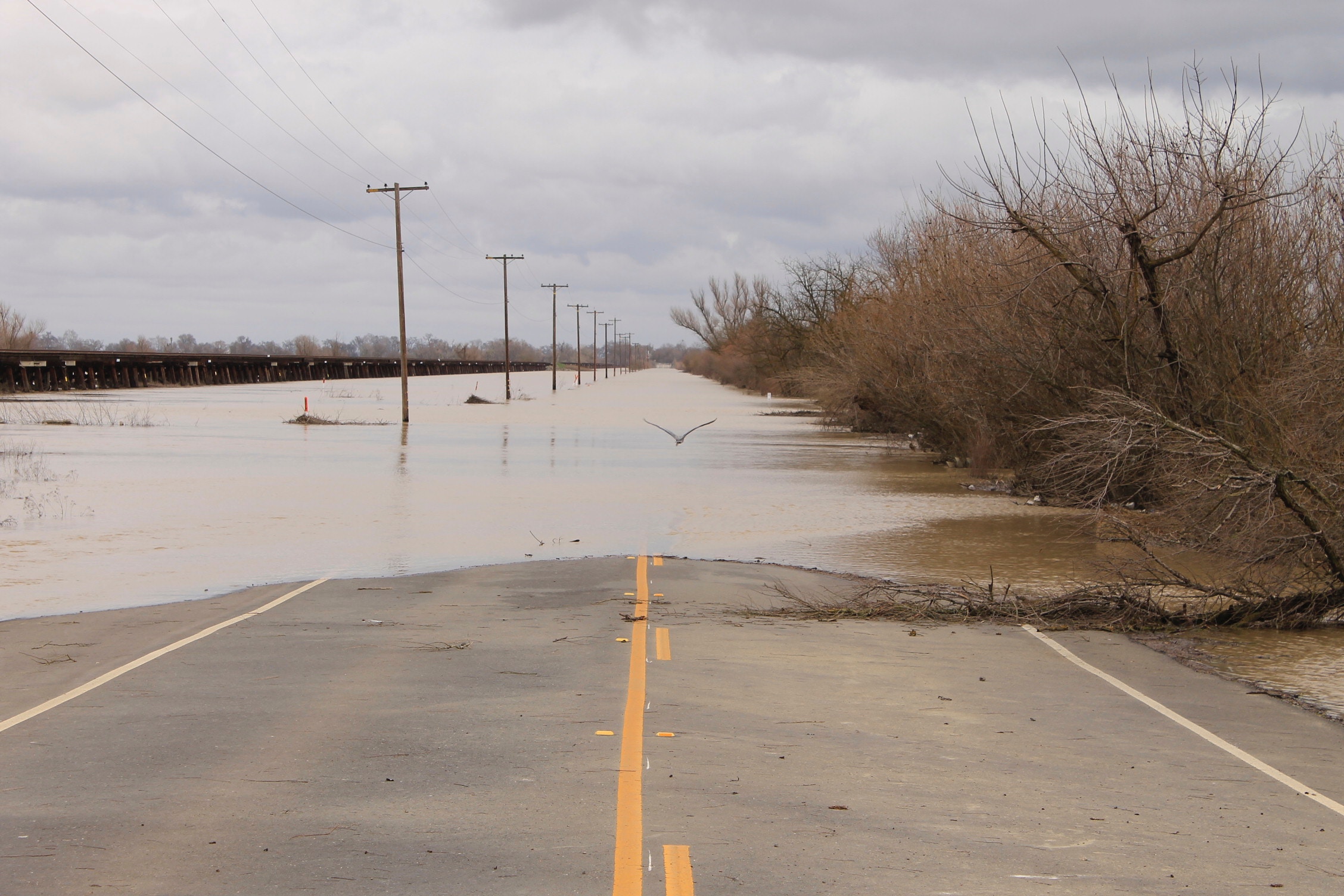IRS Announces Policy Change to Access to Retirement Plan Funds for Hurricane Harvey Victims
September 8, 2017
written on behalf of Feigenbaum Law
With weather-related catastrophes ongoing in the United States, the IRS recently announced a loosening of the rules that normally restrict a retirement plan participant’s access to their retirement funds for residents in areas of Texas affected by Hurricane Harvey.
In Announcement 2017-11 (the Announcement), the IRS outlined a relief plan for taxpayers who have been adversely affected by Hurricane Harvey, and who have retirement assets in qualified employer plans that they would like to use to alleviate any hardships caused by the storm. The Announcement also outlined relief from certain verification procedures with respect to loans and hardship distributions that may be required under retirement plans.
Individuals Who Can Take Advantage of the Relaxed Rules
The relief is available to any plan participants who, on August 23, 2017, had a principal residence or work location in one of the Texas counties that FEMA has identified as being in need of assistance due to Hurricane Harvey. The relief is also available to anyone whose lineal ascendant or descendant, dependent, or spouse had a principal residence or place of employment in one of these counties on that date.
If additional areas, either in Texas or other states, are identified for assistance due to damage from Hurricane Harvey, the relief will also apply in those areas, as of the date specified by FEMA.
Hardship Distribution
The amount available for a “hardship distribution” cannot be more than the maximum amount that would be permissible for a hardship distribution under the Internal Revenue Code and regulations. However, the relief provided by the Announcement applies to any hardship experienced by an employee, not just the types specifically outlined in the Code or regulations. In addition, no post-distribution contribution restrictions are required.
For example, the regulations under § 401(k) provide “safe harbor hardship distribution standards” pursuant to which a hardship is recognized only for certain specific events, and, following the receipt of the hardship amount, the employee in question is prohibited from making contributions for at least six months.
Plan Amendments
In order to make a hardship distribution under the relaxed rules in the Announcement, a qualified employer plan that did not previously provide for such distribution must be amended no later than the end of the first plan year beginning after December 31, 2017.
In addition, a hardship distribution must be made due to a hardship resulting from Hurricane Harvey and be made on or after August 23, 2017, and no later than January 31, 2018, and must comply with the rules that otherwise apply to qualified retirement plan loans.
Where a hardship withdrawal is made under the relaxed rules, the plan will not be treated as failing to follow the standard documentation rules, so long as the plan administrator makes a “good-faith diligent effort” under the circumstances to comply with the requirements, and as long as there is a “reasonable attempt” to assemble any outstanding documentation as soon as practicable.
Taxpayers should note that, in general, the standard spousal consent rules continue to apply, and, except where the hardship distribution consists of already-taxed amounts, any distribution made under the relief provided by the Announcement will be included in gross income and subject to the 10% additional tax under § 72(t).
We will continue to monitor any announcements made by the IRS about residents in other areas of the U.S that are currently affected by adverse weather, and will provide updates as they become available. In the meantime, if you have questions about personal tax planning in Canada or the U.S., contact the experienced team at Feigenbaum Law. We offer cross-border tax and other services to clients in the US, Canada and around the world. Contact us to learn more about how we can help or call us at (416) 777-8433 or toll free at (877) 275-4792.





